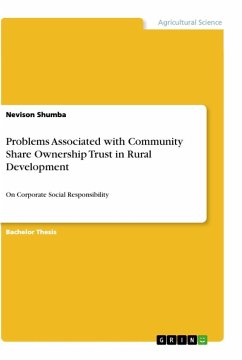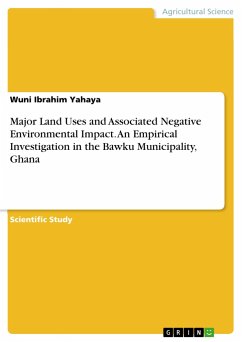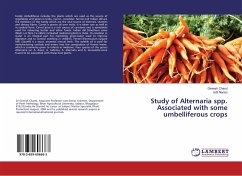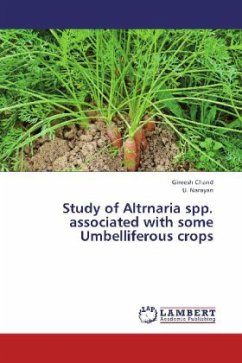Bachelor Thesis from the year 2013 in the subject Agrarian Studies, grade: 2.1, Lupane State University, language: English, abstract: This work focuses on the problems associated with community share ownership trust in rural development. It analyzes the aspect of corporate social responsibility in particular.Community Share Ownership Trusts are increasingly becoming popular and popular as a means of community economic empowerment. However, there is very limited documented stock of knowledge on the frequency of their use, their validity in ensuring economic empowerment, structures and regulations governing their operation, or the factors that enable and constrain their effectiveness. The government of Zimbabwe recently introduced the Community Share Ownership Trust legitimized by the indigenization and Economic Empowerment Act of March 2010. The indigenization Act is a national policy which stipulates that the native citizens of Zimbabwe should be the majority shareholders of almost every business entity operating in Zimbabwe. The policy precisely states that 51% of the shares should belong to Zimbabweans with the community owning 10% of the 51%. Community Share Ownership Trust (CSOT) as an imaging rural development approach is proving to be effective. The approach has been implemented in countries like South Africa, India and others. It is a hybrid of Corporate Social Responsibility (CSR) which was coined in Europe in 1890s. Corporate social responsibility lacked legal force to enforce the corporate world to compensate the communities of the damage left during their operations. This led to the emergence of CSOT in developing countries.While there are benefits attributed to the implementation of CSOT there are challenges that are also associated with it. The implementation of CSOT as a rural development approach is marred with a number of challenges which are both administrative and operational. It is constrained by funding, lack of managerial skills, limited community participation, poor communication, and lack of community sense of ownership among others. The strength of CSOT lies in the active participation of communities in development initiatives. CSOT promotes dialogue and community interaction, this is good for development as it brings social bond. It also promotes sustainable use of natural resources, management and protection. It encourages efficient and equitable distribution which is important for communities to participate in the economic mainstream. CSOT promotes economic empowerment, capacity building and community participation.
Hinweis: Dieser Artikel kann nur an eine deutsche Lieferadresse ausgeliefert werden.
Hinweis: Dieser Artikel kann nur an eine deutsche Lieferadresse ausgeliefert werden.








